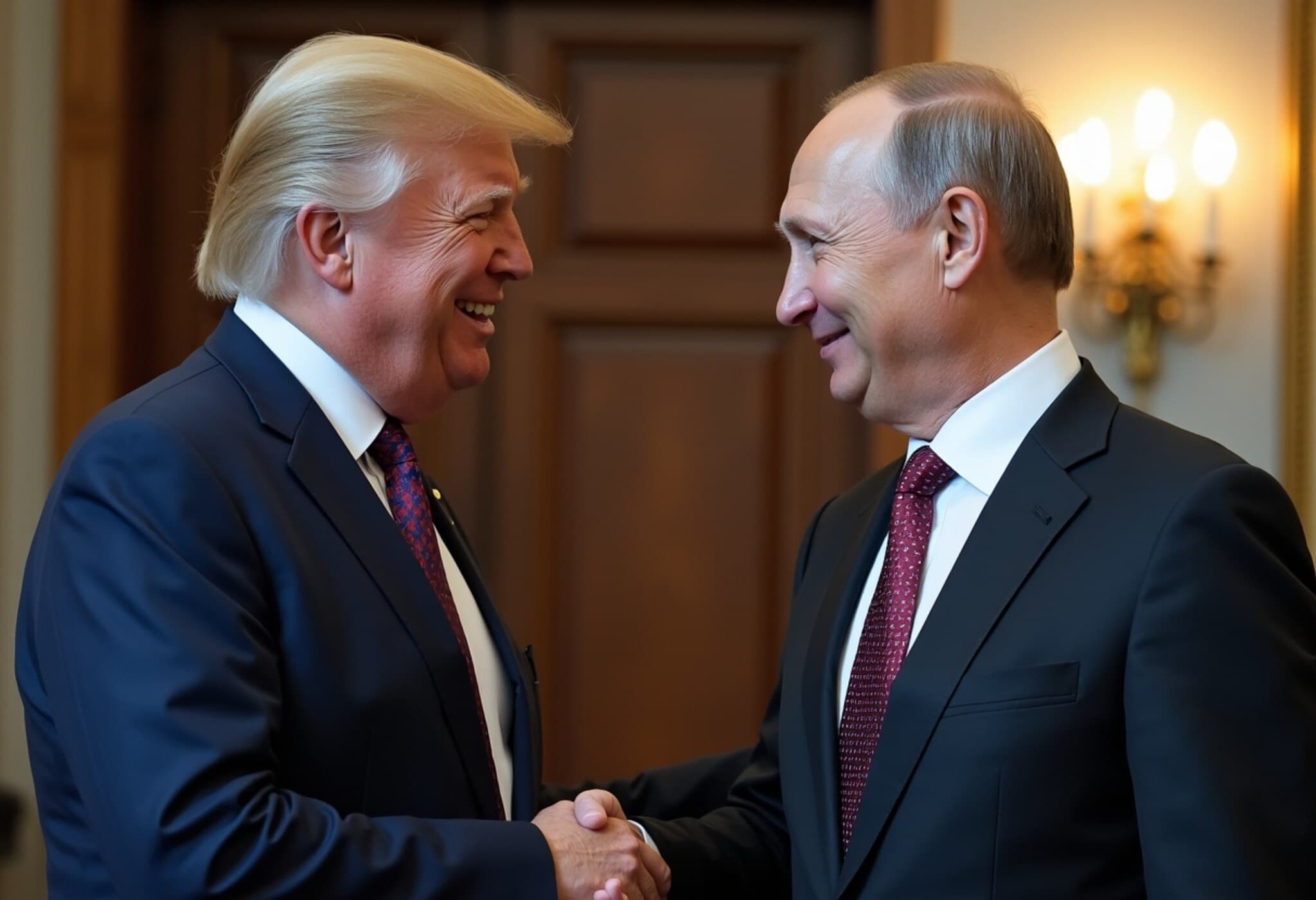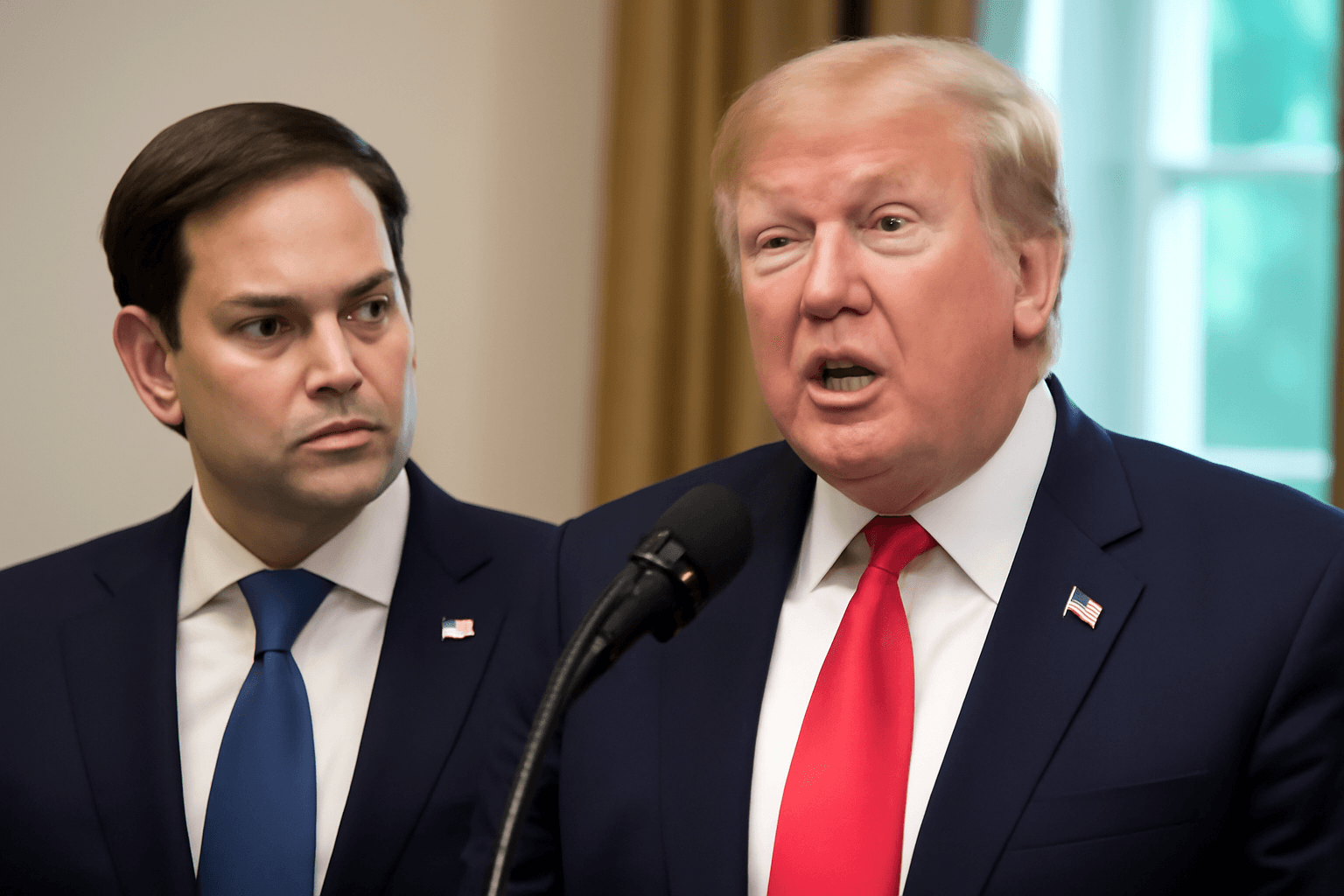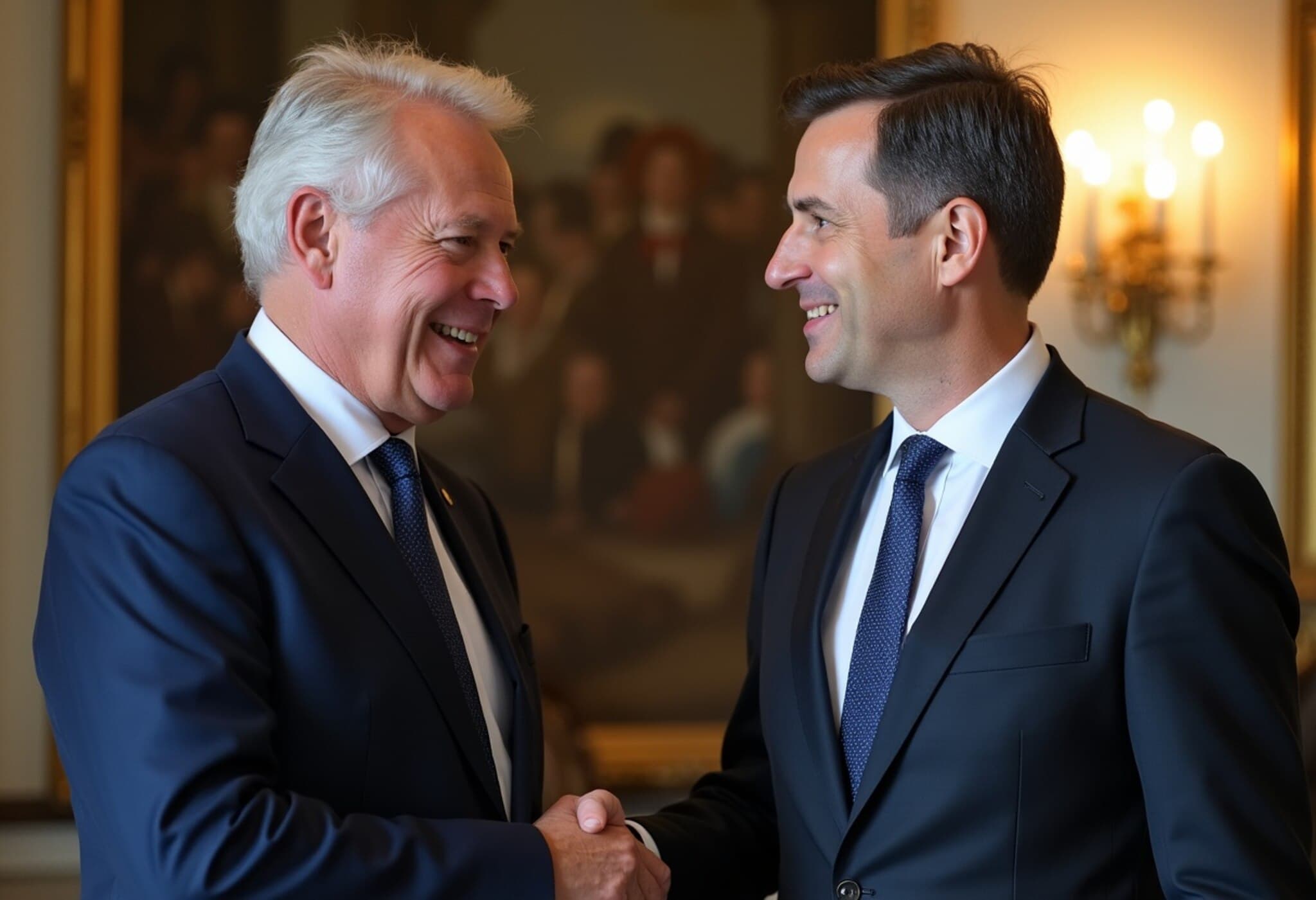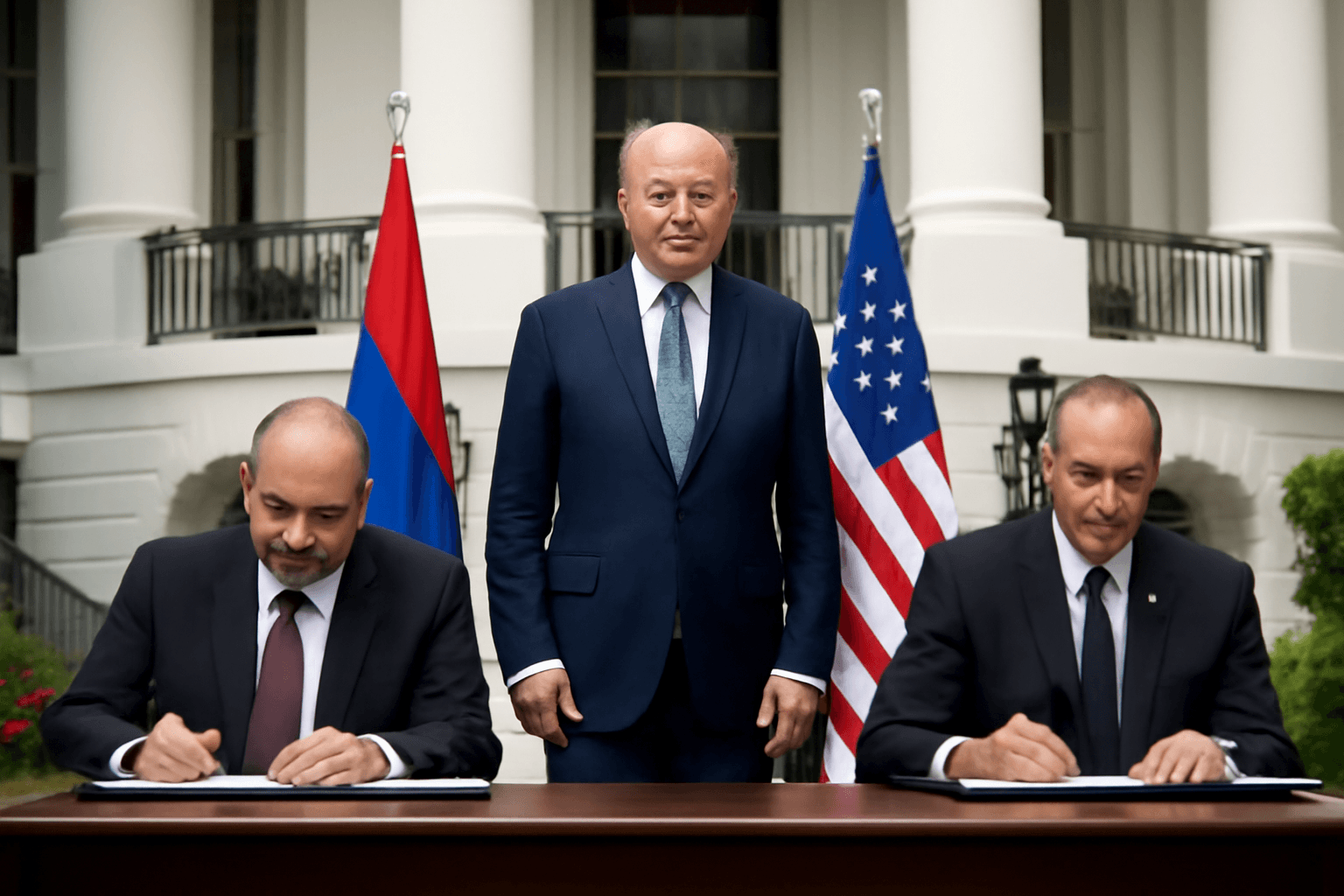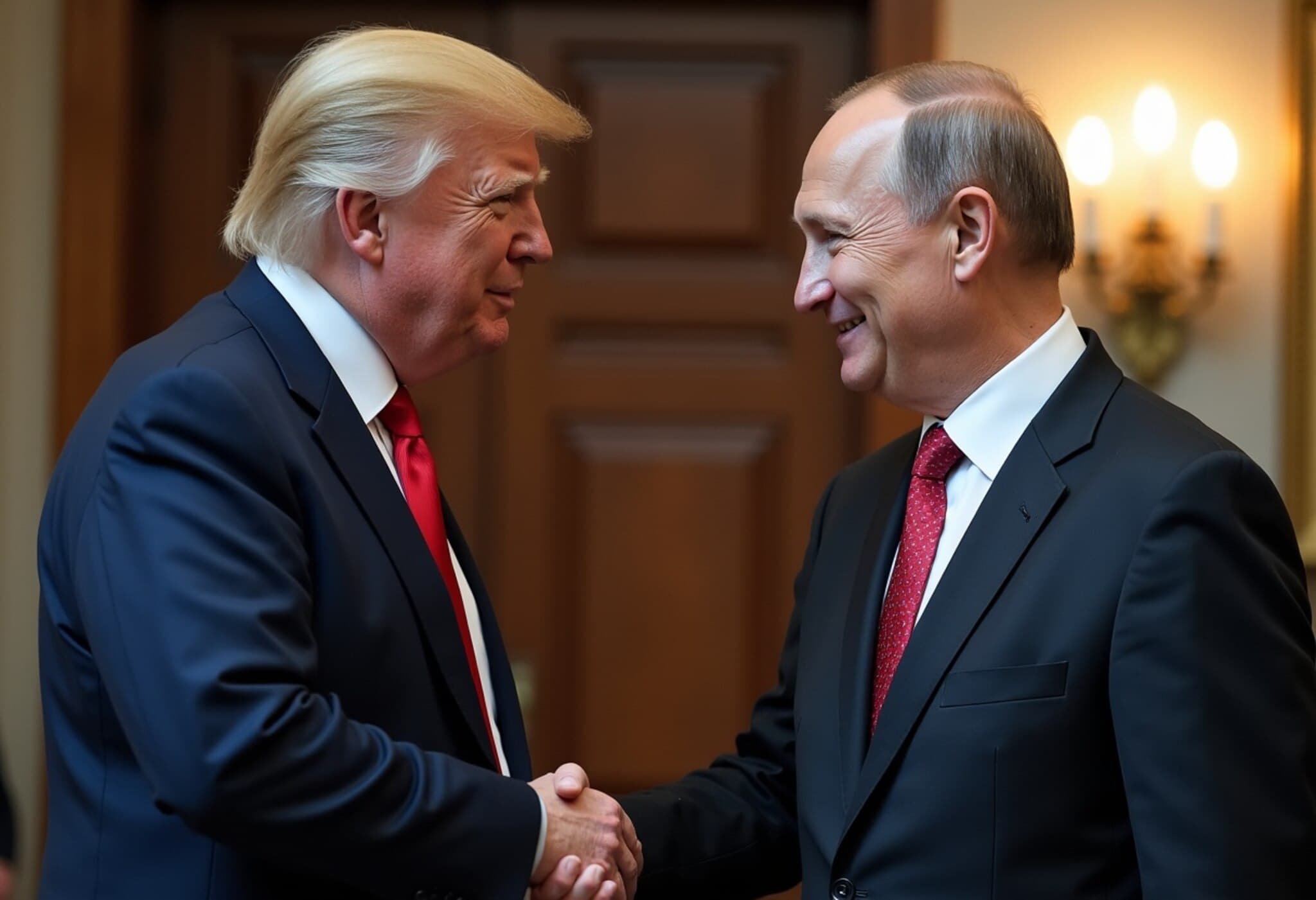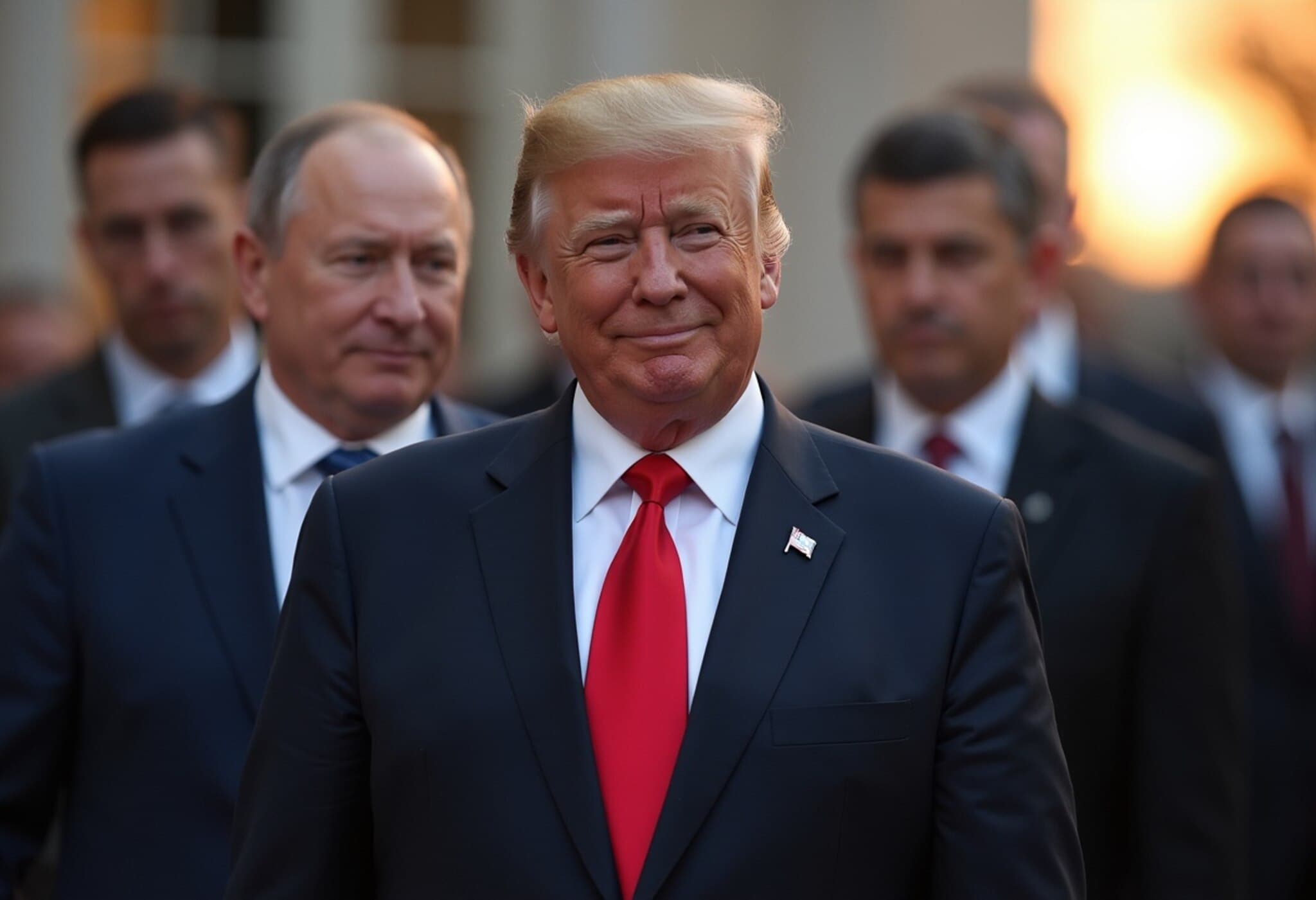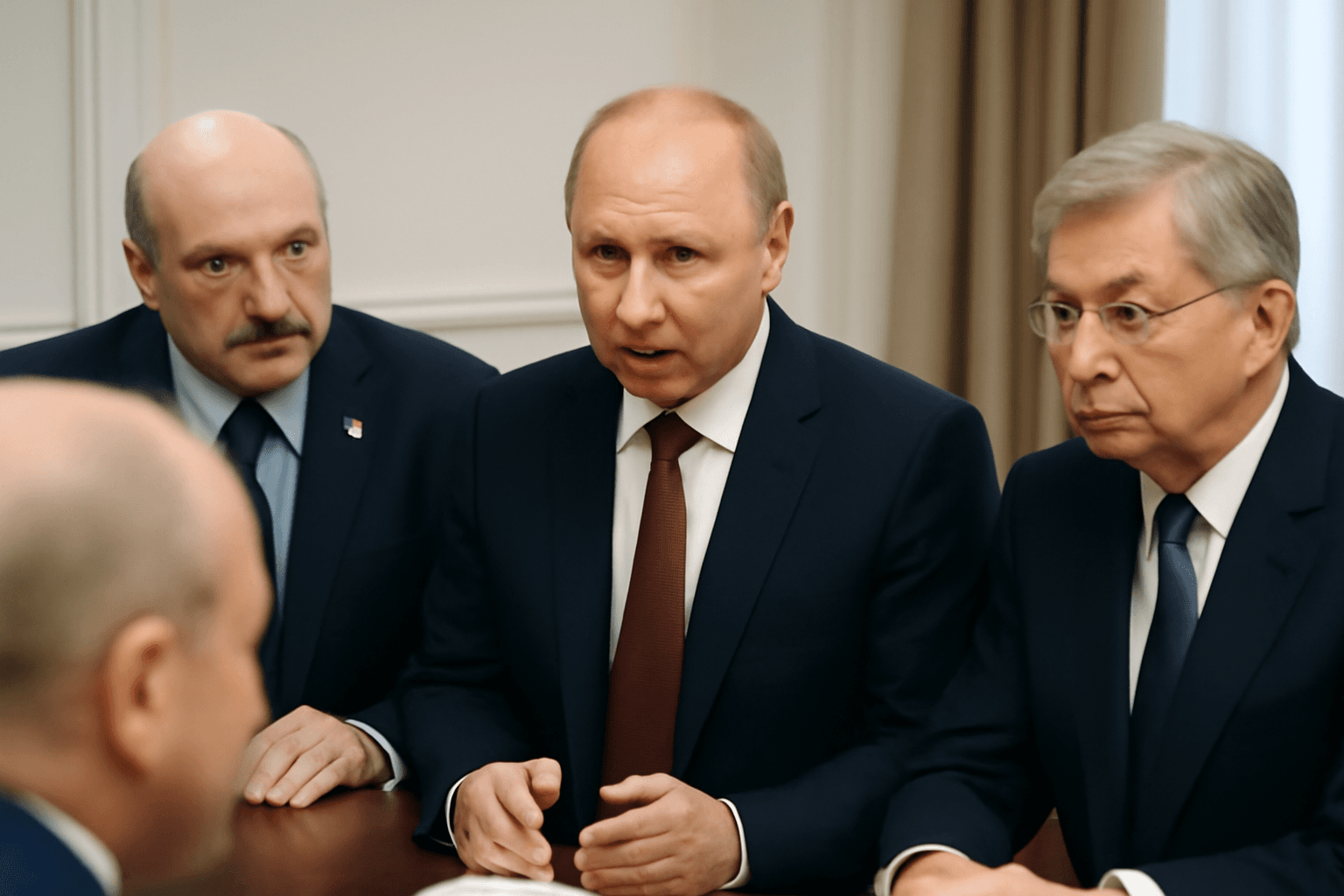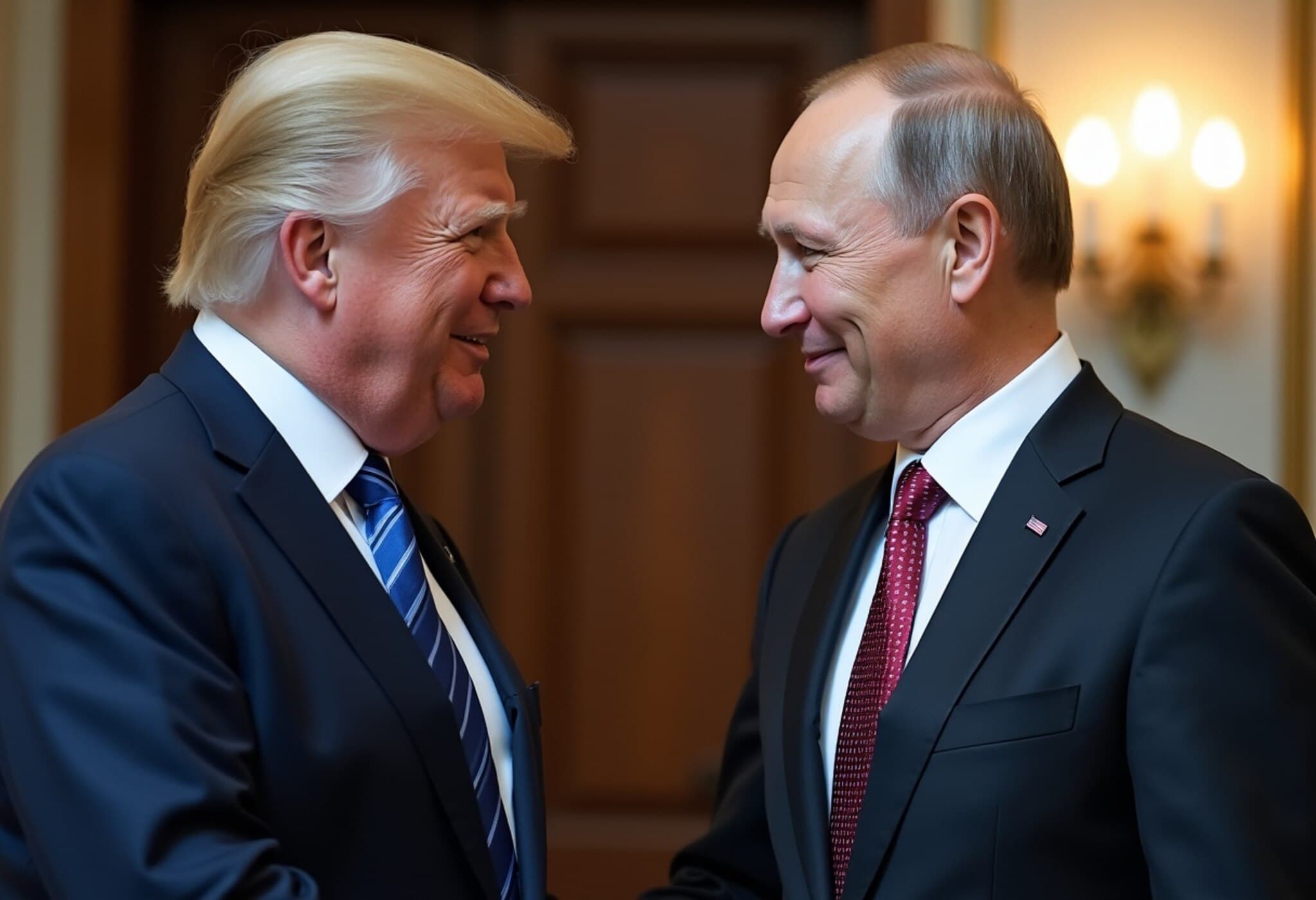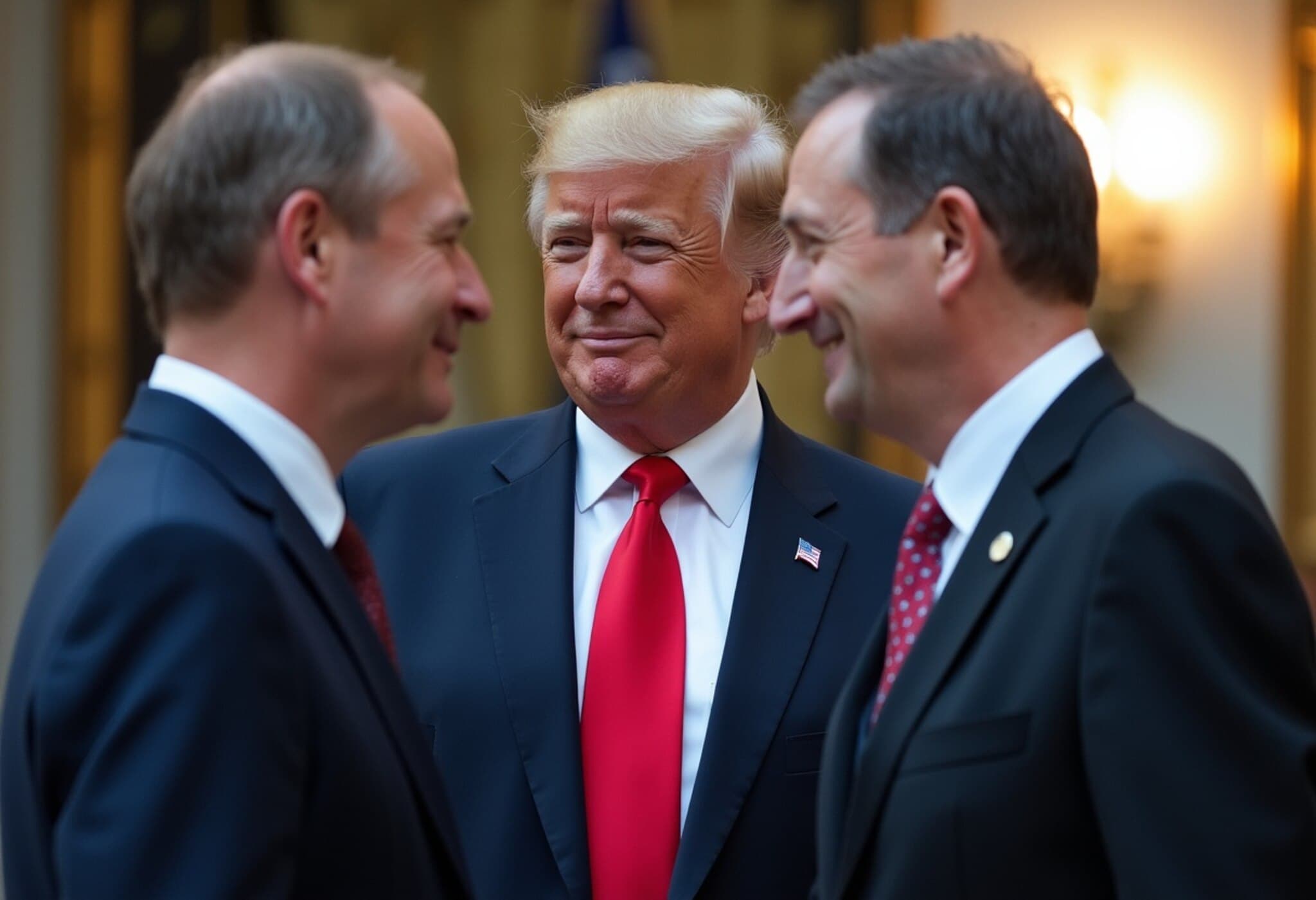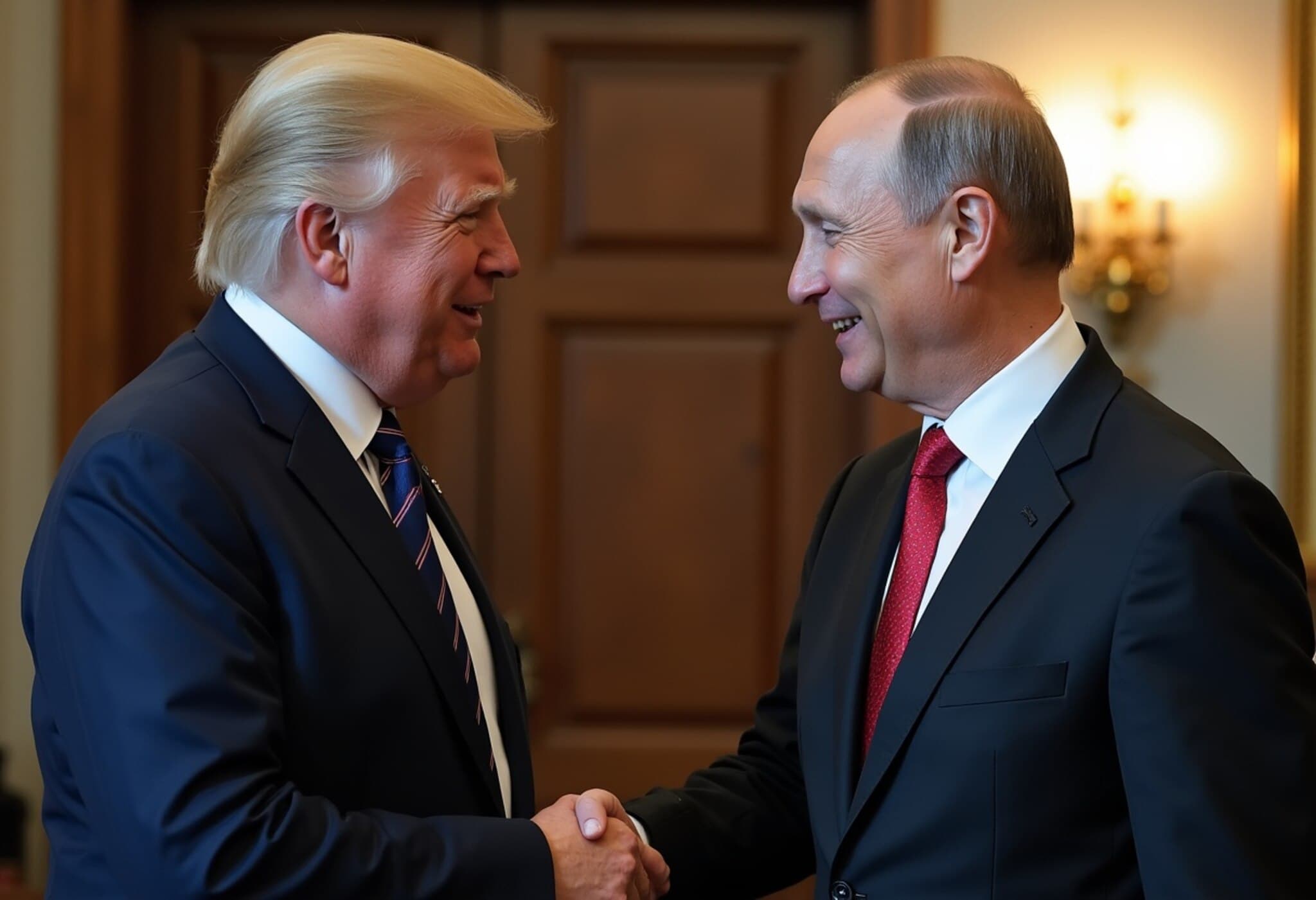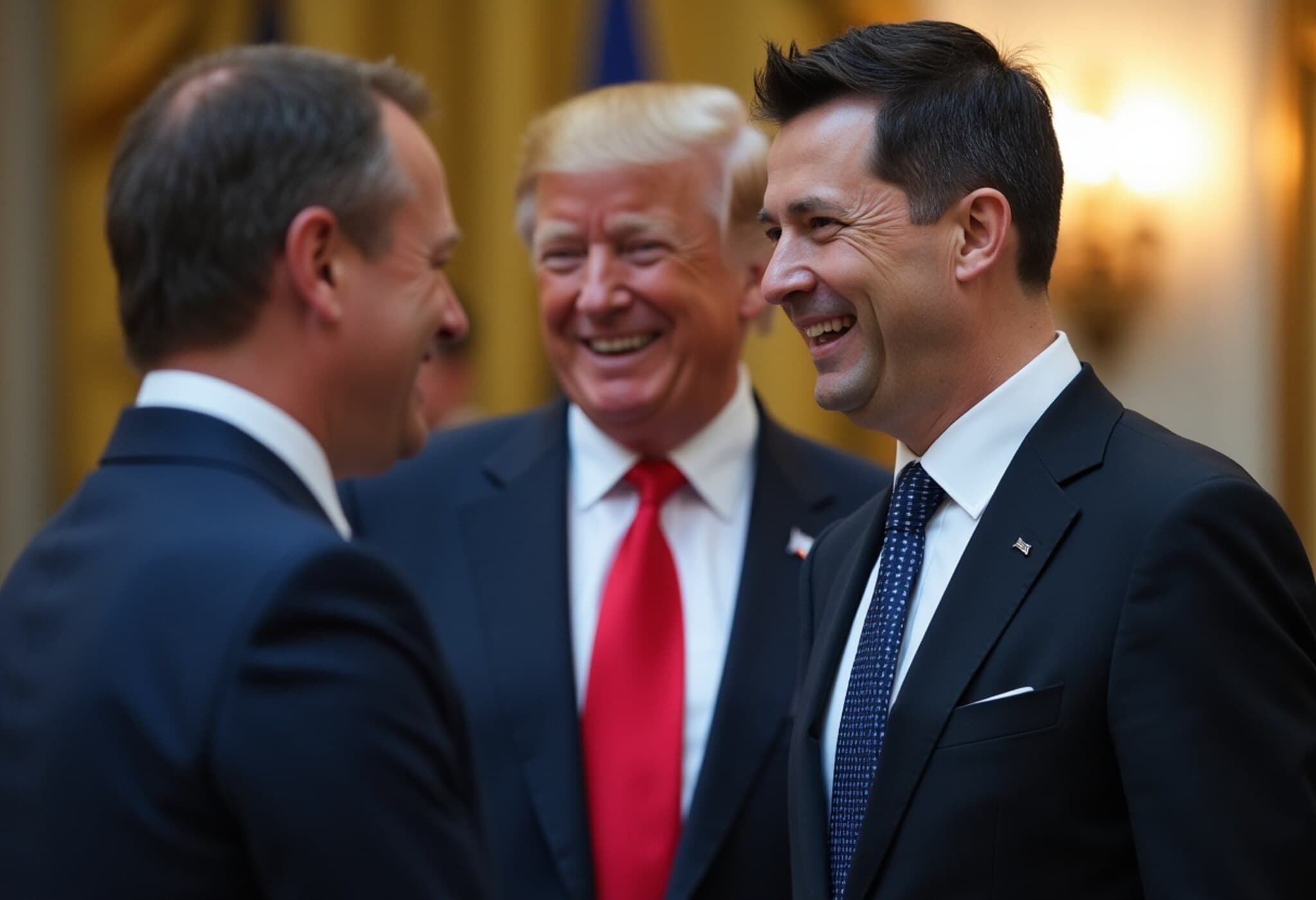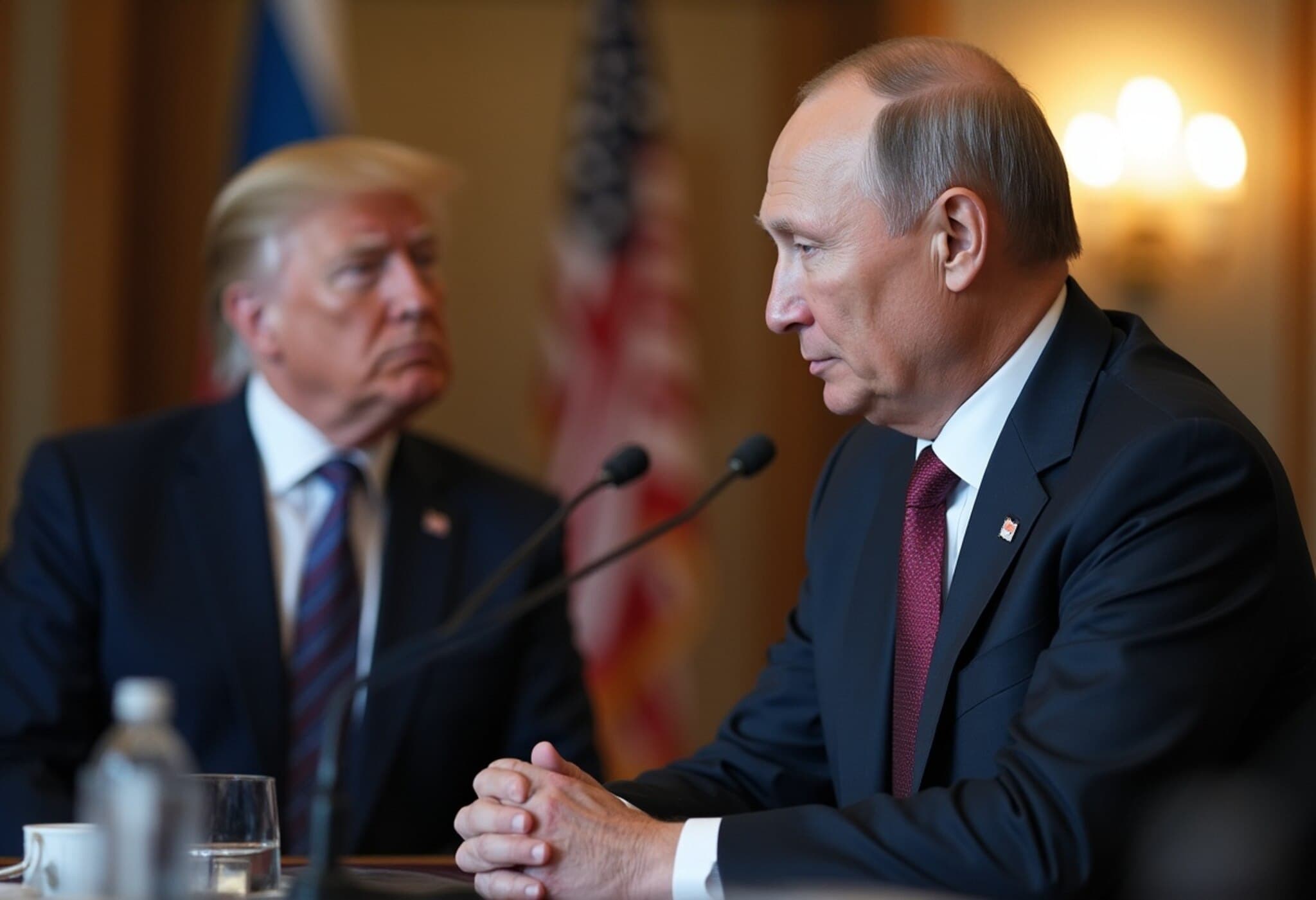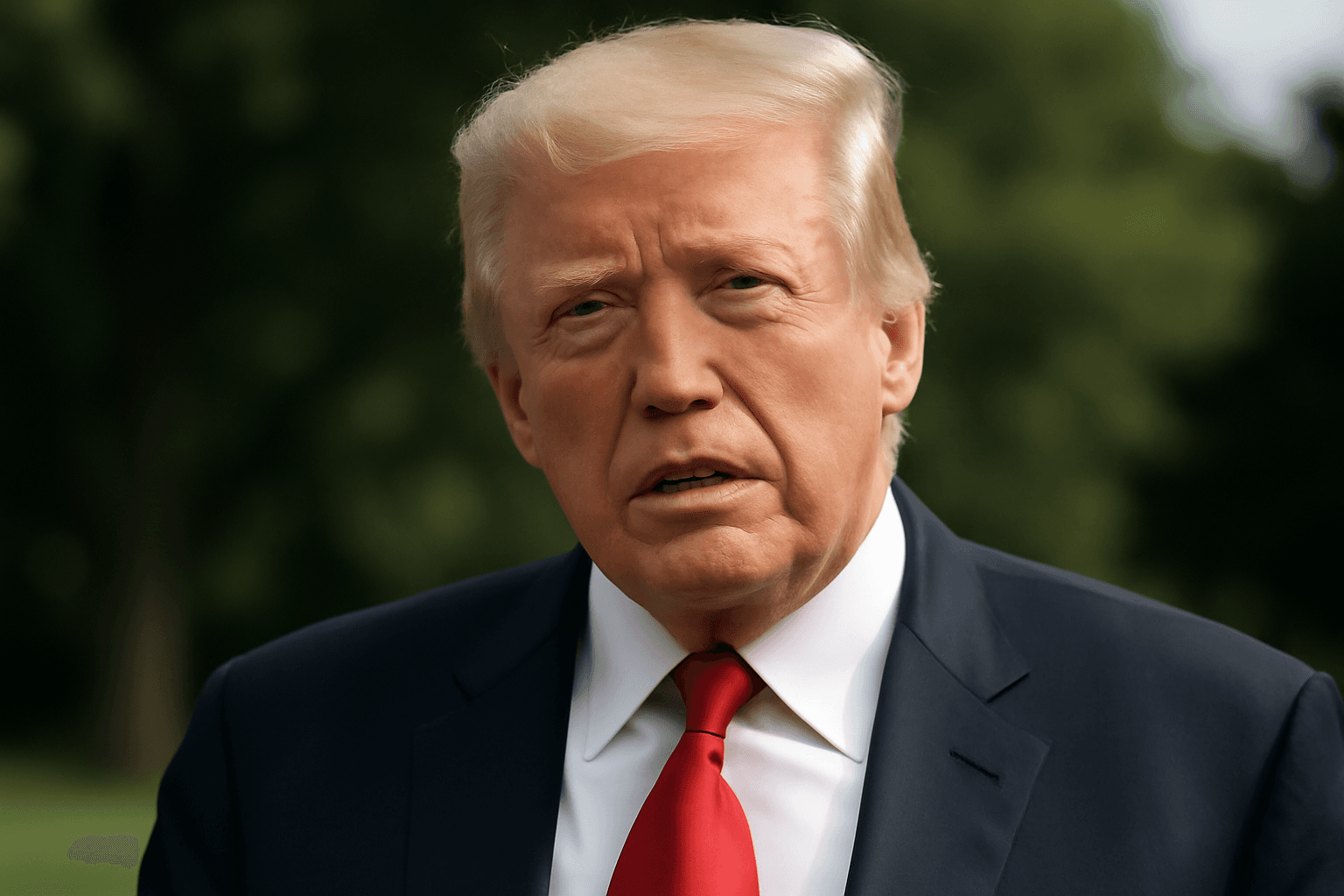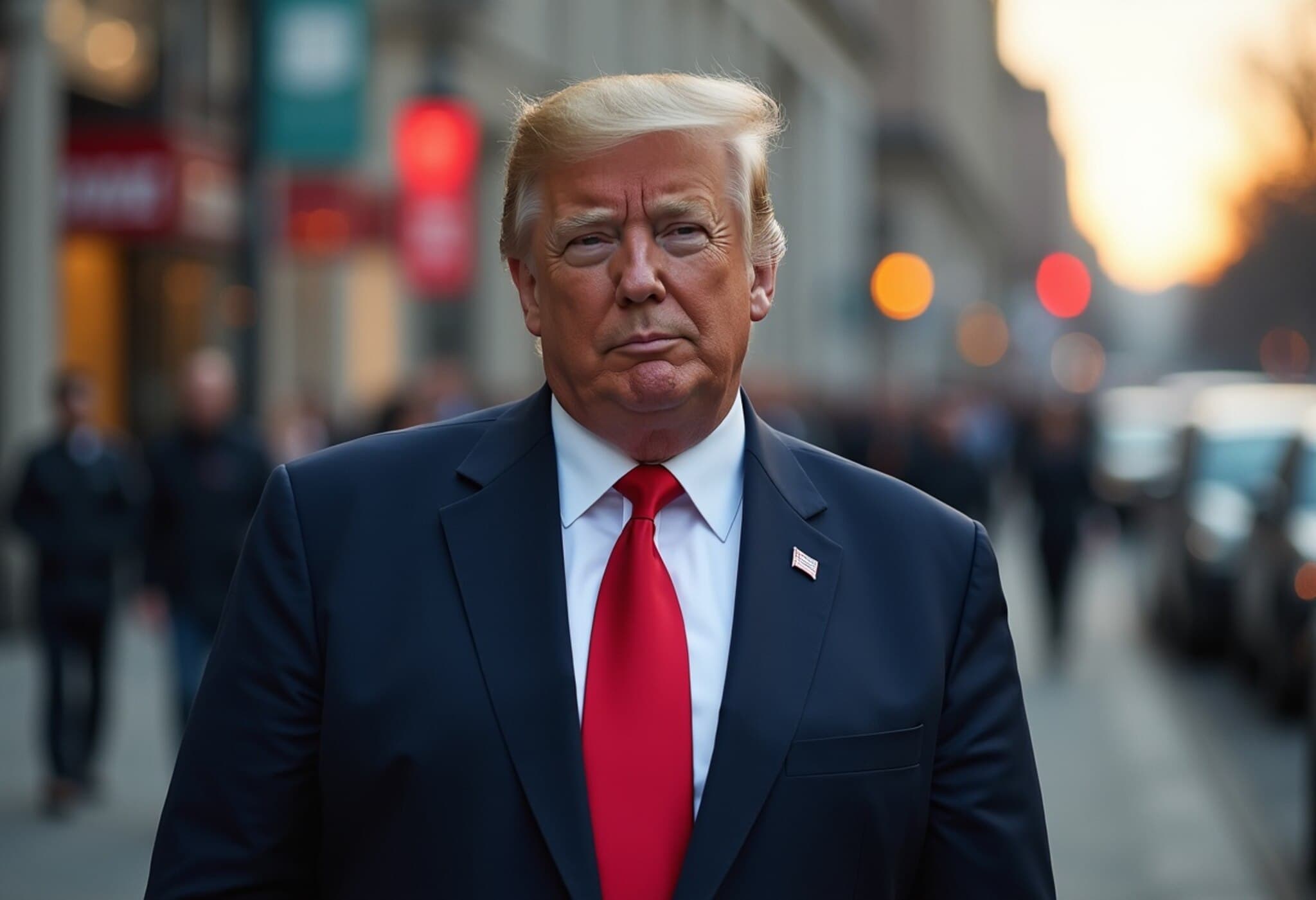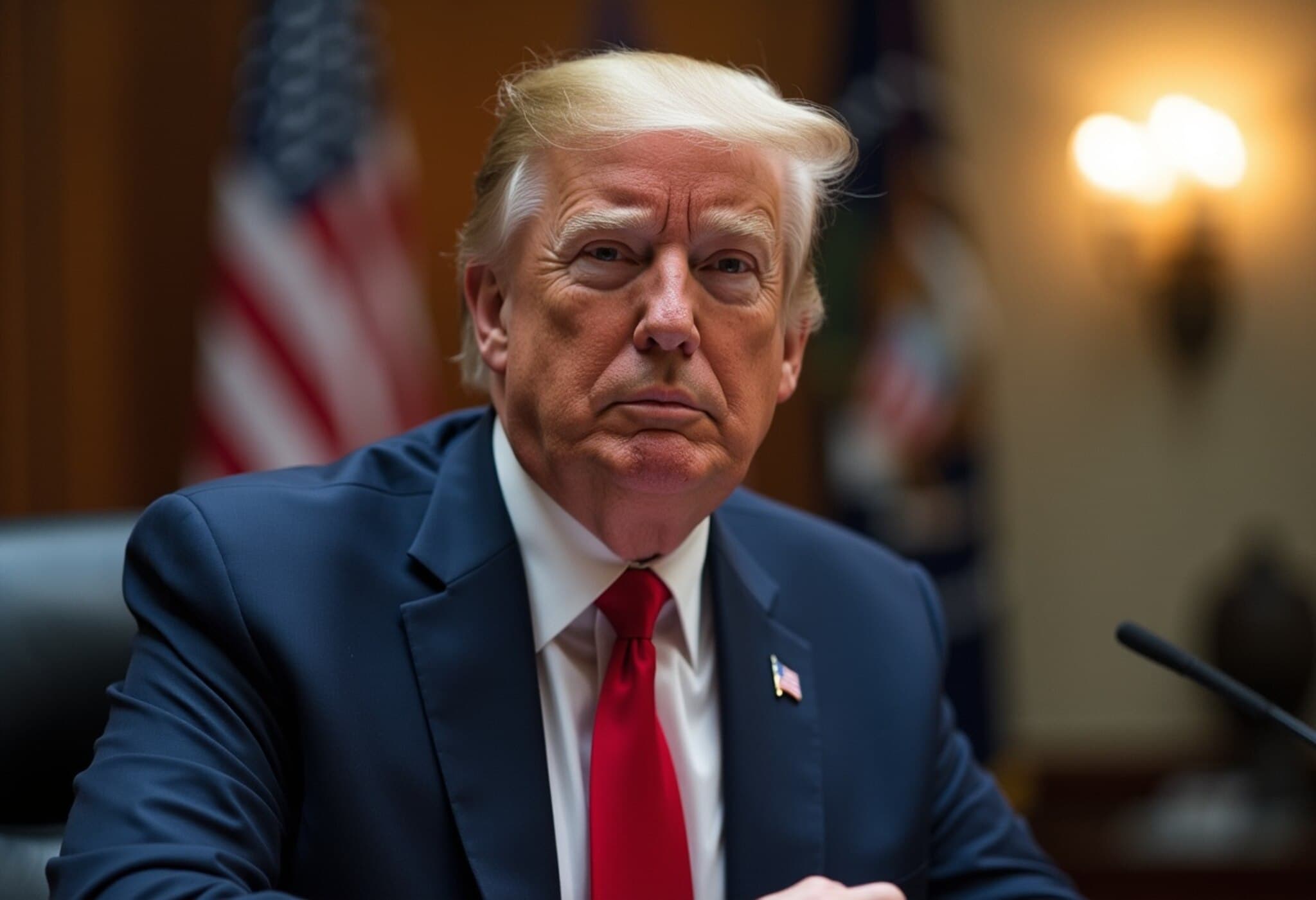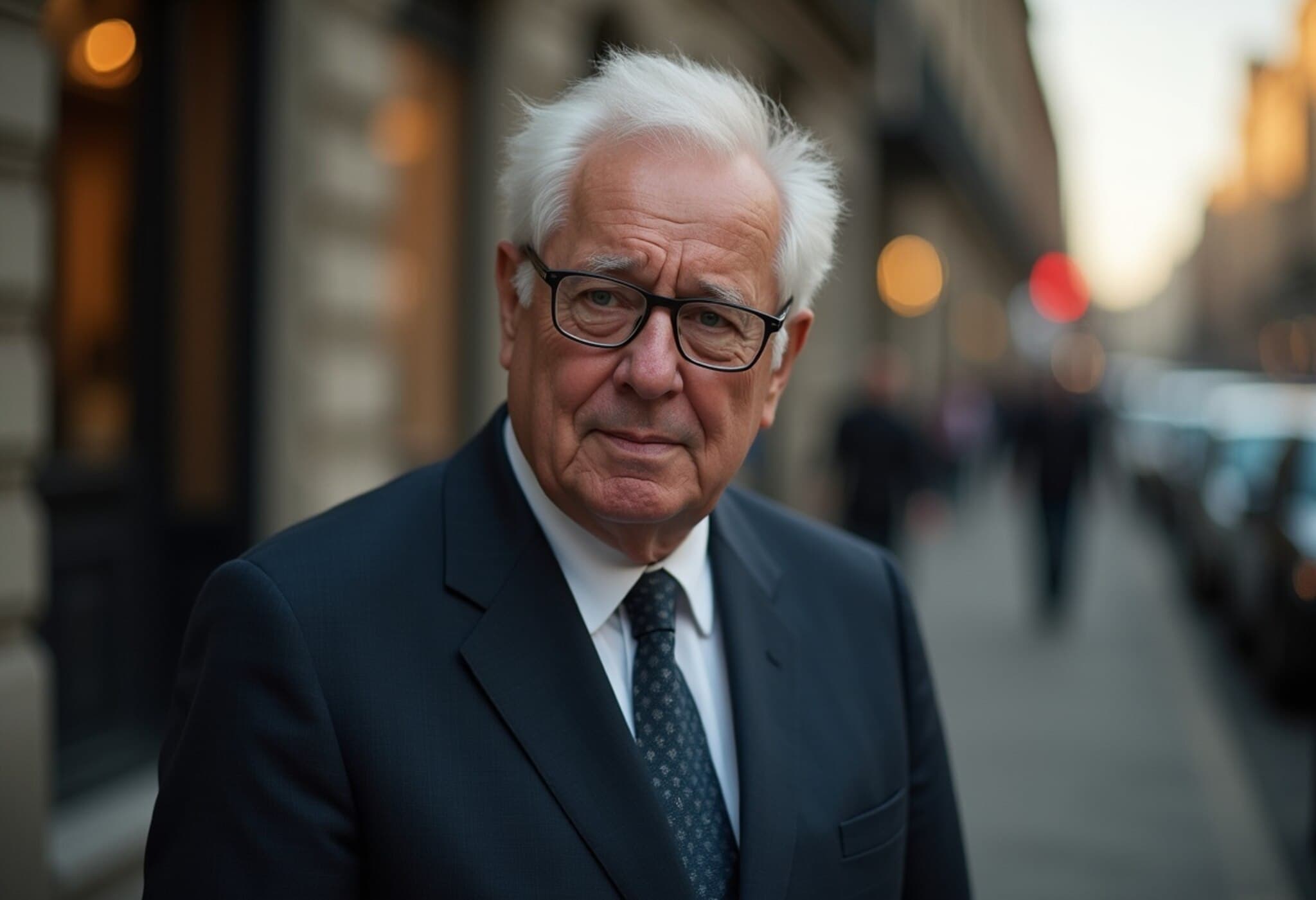Trump Seeks Territory Exchange Talks with Putin During Alaska Summit
In a move stirring both intrigue and controversy, former U.S. President Donald Trump announced plans to discuss a possible “land swapping” arrangement with Russian President Vladimir Putin regarding the ongoing conflict in Ukraine. The meeting, scheduled to take place in Alaska, marks another chapter in diplomatic efforts—or complexities—in resolving the war that has gripped Eastern Europe since 2022.
Trump’s Bold Stance on Ukraine Territory
At a White House press briefing, Trump candidly acknowledged Russia’s occupation of significant Ukrainian territories, which he labeled “prime territory.” Describing the upcoming discussion with Putin as a “feel-out” session, Trump emphasized his intention to negotiate the return of some land to Ukraine, signaling a rare openness to territorial compromise.
“Russia’s occupied a big portion of Ukraine. We’re going to try to get some of that territory back for Ukraine,” he remarked, hinting at potential land swaps as a pathway toward peace. Notably, Trump admitted that Kyiv has never claimed any Russian-held territory, yet he suggested that land exchanges could become part of a broader resolution.
Strained Relations with Zelenskyy Over Peace Preconditions
Trump’s approach has not been without tension. He expressed frustration with Ukrainian President Volodymyr Zelenskyy’s insistence on holding a national referendum before agreeing to any peace deal that would recognize Russian control over occupied areas.
“I was a little bothered by the fact that Zelenskyy was saying I have to get constitutional approval,” Trump said. “He has approval to go to war and kill everybody but he needs approval to do a land swap.” This statement underscores a sharp divergence in how the two leaders perceive the delicate balance between sovereignty, military resistance, and diplomatic compromise.
Trump assured he would converse with Zelenskyy out of respect, saying, “I’ll call him first… I may say, ‘lots of luck, keep fighting,’ or I may say, ‘we can make a deal.’” He described his personal rapport with Zelenskyy as cordial but signaled fundamental disagreement over the peace process approach.
International Voices Caution Against Excluding Ukraine
International reactions have largely warned against making unilateral deals without Ukraine’s direct involvement. Kaja Kallas, Vice-President of the European Commission, criticized the idea of dividing territories by old-fashioned geopolitical bargaining, emphasizing that any agreement must have Ukraine’s consent to be viable.
“If Ukraine is not part of the deal, any deal will just not be implemented,” Kallas asserted, highlighting the sovereign rights and agency Kyiv must retain in negotiations.
Similarly, UK Prime Minister Keir Starmer and Canadian Prime Minister Mark Carney underscored that “a peace deal must be built with Ukraine – not imposed upon it.”
President Zelenskyy has also warned that agreements excluded from Kyiv’s input would be “dead decisions,” citing intelligence that Russian forces are not genuinely preparing to end the war.
Expert Commentary: The Risks and Realities of ‘Land Swapping’ Proposals
The notion of land swaps in the context of the Ukraine conflict raises critical legal and ethical questions. From an international law perspective, forcibly redrawing borders or recognizing changes imposed by military occupation may set a concerning precedent undermining global norms on sovereignty and territorial integrity.
Moreover, experts caution that any agreement perceived as rewarding aggression could embolden similar tactics elsewhere, impacting U.S. and NATO strategic interests. The U.S. policy community remains divided, with some viewing pragmatic compromise as necessary for peace, while others stress the importance of upholding Ukrainian territorial sovereignty to deter future conflicts.
The political dynamics within Ukraine and the United States add layers of complexity. President Zelenskyy’s commitment to national self-determination contrasts with Trump’s more transactional approach, reflecting broader debates about American foreign policy and leadership style.
What Lies Ahead?
As Trump prepares for dialogue with Putin, the international community watches closely. Will these talks break new ground toward ending one of the most brutal conflicts in recent memory, or will they further complicate an already sensitive situation?
- Key questions remain about the sovereignty and will of the Ukrainian people.
- Can land swaps offer a viable path to peace without rewarding territorial conquest?
- How will U.S. political factions react to Trump’s unconventional diplomacy?
- What role will allied nations play in supporting Ukraine's sovereignty?
Ultimately, any sustainable resolution hinges on respecting Ukraine’s agency and creating a framework that deters future aggression while promoting lasting stability in the region.
Editor’s Note:
This developing story forces us to grapple with the tension between the pragmatism of diplomatic compromise and the principles of national sovereignty and international law. While territorial adjustments might offer a shortcut to peace, history advises caution against solutions that marginalize the affected nation’s voice. Readers should reflect on how global powers balance these competing demands and what that means for future conflicts. Stay tuned as we continue to monitor the evolving discourse and its implications for Ukraine, Russia, and global security.

